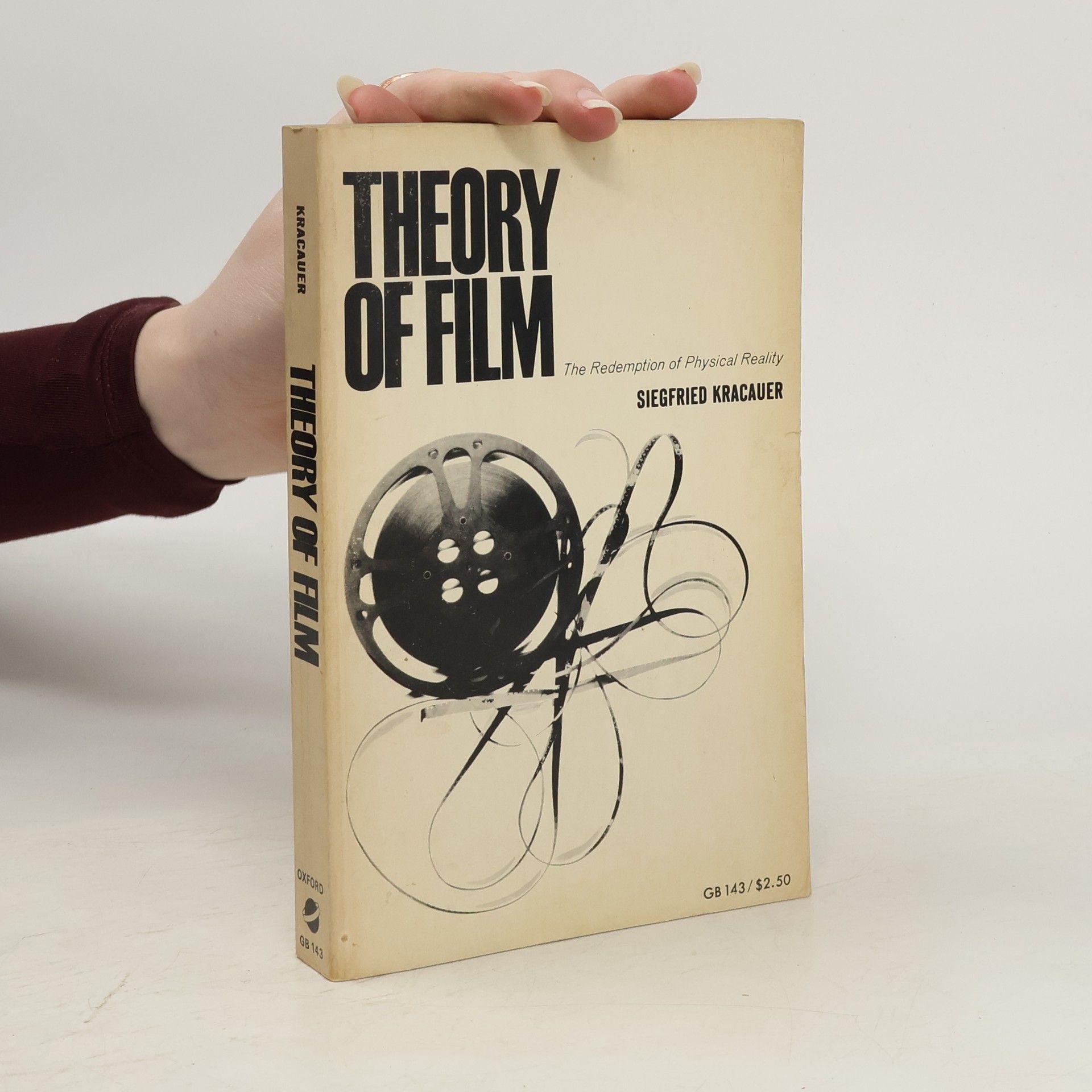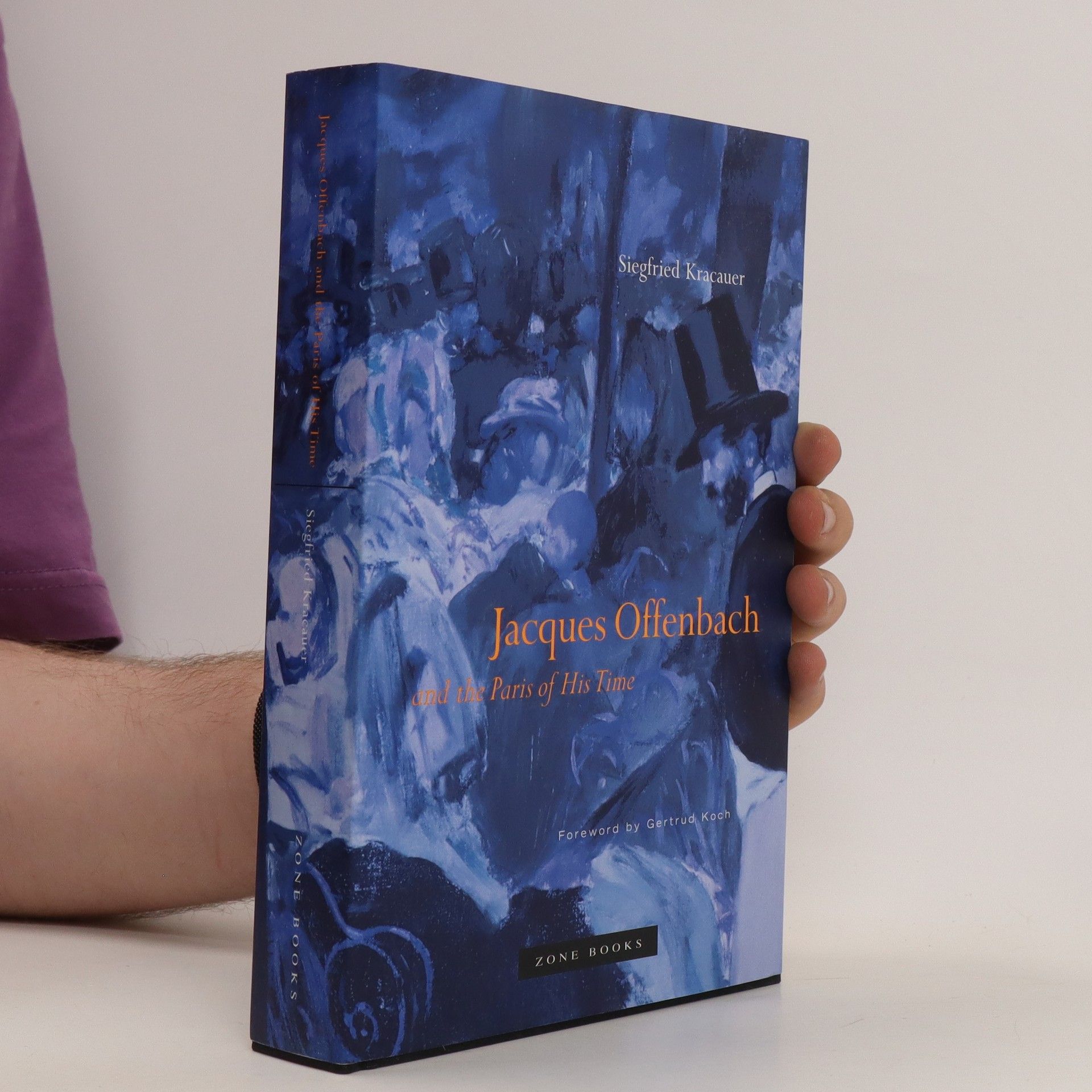Selected Writings on Media, Propaganda, and Political Communication
- 408bladzijden
- 15 uur lezen
This book brings together a broad selection of Siegfried Kracauer's work on media and political communication, much of it previously unavailable in English. It features writings spanning more than two decades, from the 1930s to the early Cold War period.






